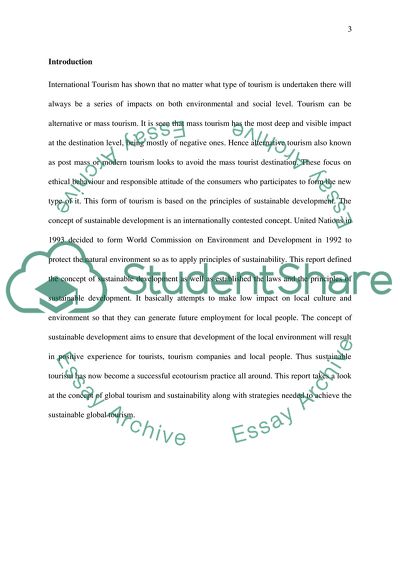Cite this document
(Global Tourism and Sustainability Term Paper Example | Topics and Well Written Essays - 1750 words, n.d.)
Global Tourism and Sustainability Term Paper Example | Topics and Well Written Essays - 1750 words. https://studentshare.org/tourism/1808374-global-tourism-and-sustainability
Global Tourism and Sustainability Term Paper Example | Topics and Well Written Essays - 1750 words. https://studentshare.org/tourism/1808374-global-tourism-and-sustainability
(Global Tourism and Sustainability Term Paper Example | Topics and Well Written Essays - 1750 Words)
Global Tourism and Sustainability Term Paper Example | Topics and Well Written Essays - 1750 Words. https://studentshare.org/tourism/1808374-global-tourism-and-sustainability.
Global Tourism and Sustainability Term Paper Example | Topics and Well Written Essays - 1750 Words. https://studentshare.org/tourism/1808374-global-tourism-and-sustainability.
“Global Tourism and Sustainability Term Paper Example | Topics and Well Written Essays - 1750 Words”. https://studentshare.org/tourism/1808374-global-tourism-and-sustainability.


